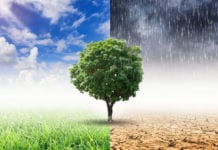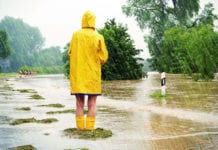Sir,
COP26 – too little too late.
Thirty years ago global warming was front-page news so why has it taken our leaders this long to address these problems? Since the Paris agreement in 2015, we have seen rising emissions, rising temperatures as well as rising fossil fuel production – and it’s the vulnerable who suffer the most.
Countries in the global south contribute relatively little to climate change in terms of carbon emissions, but yet they are among the hardest hit partly because they rely heavily on rain-fed farming. Rising temperatures and sea levels – as well as rainfall anomalies, have heightened the frequency and intensity of natural disasters, so why should these vulnerable communities have to suffer the most from the mistakes of the western world?
From working in Kenya since 2002, I have seen first-hand the result of climate change with the women and girls I work with, within Brighter Communities Worldwide – from having to walk even longer distances to access water and collect firewood on a daily basis, as well as working extended hours in fields to ensure food security, due to reduced crop yields. This is having a major impact on their livelihoods and education, and so they continue to face a disproportionate impact from the climate crisis.
While we welcome the news of the additional aid funding of €2.1 million which will help address the impact of climate change in developing states.
There is no compensation for victims of climate disasters – more needs to be done now.
Yours, etc
Maria Kidney
Co-Founder Brighter Communities Worldwide
Cork, Ireland.










